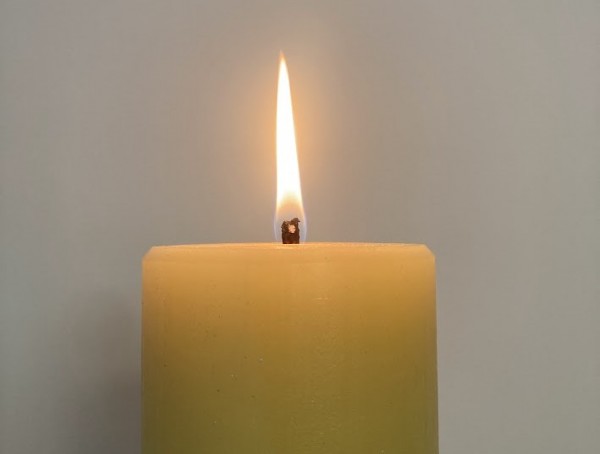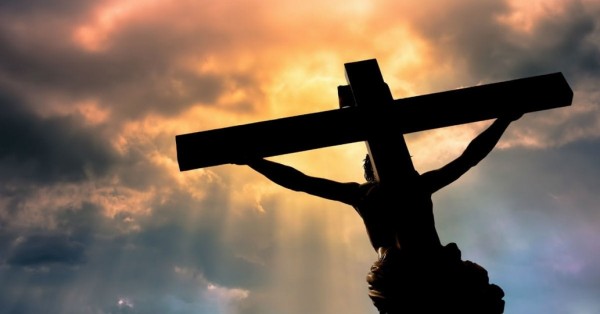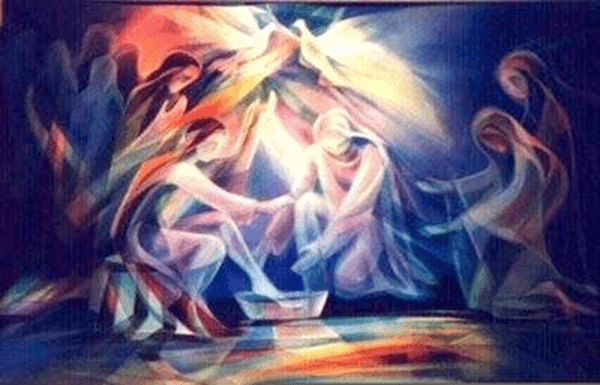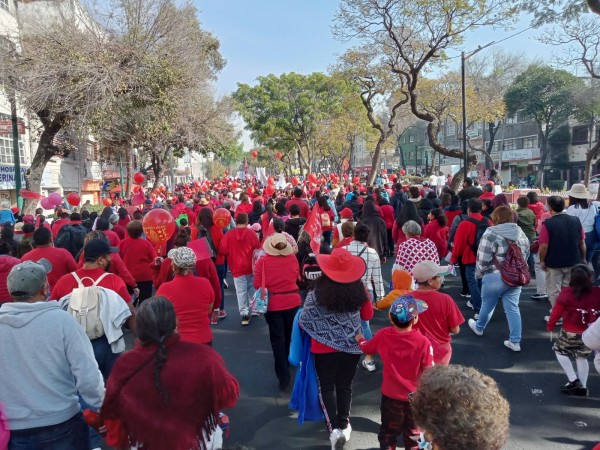
If Catholics knew more about Judaism—its culture, feasts, and rituals—we would understand Jesus of the Gospels far more deeply, as He was born and died a Jew. The feast of Pentecost, which we have just celebrated, serves as a striking example. Pentecost was already one of the most important festivals in the Jewish calendar: the feast of Shavuot—which the Greek of the New Testament rendered as Pentecost, just meaning “fifty days later.”
The festival of Shavuot is one of the three major Jewish feasts, alongside Pesach (Passover) and Sukkot (the Feast of Tabernacles), during which pilgrims journeyed to the Temple in Jerusalem. This helps us understand why so many people from different regions of Israel and the Jewish diaspora could “hear” and comprehend the disciples who had just received the Spirit: "Parthians, Medes, and Elamites; inhabitants of Mesopotamia, Judea, and Cappadocia; people from Pontus and Asia, Phrygia and Pamphylia, Egypt, and the parts of Libya bordering Cyrene; visitors from Rome, both Jews and converts; Cretans and Arabs—we hear them speaking in our own tongues of the mighty works of God!" (Acts 2:9-11).
Shavuot was originally a festival celebrating the first fruits of the harvest, the Bikkurim, but above all, it commemorates the moment when God gave the Law to Moses and, by extension, to the people journeying through the wilderness. For the Jewish people, it marks the giving of the Law, whereas for us Christians—God’s pilgrim people—it marks the giving of the Spirit. To embrace this reality (Law-Spirit) not as a contradiction or establishing a superiority, but as a creative tension, would be truly fruitful.
Another way in which understanding Shavuot can illuminate Christian Pentecost is that Shavuot not only recalls the historical event but also invites the Jewish people to renew their commitment to the Torah and a life guided by divine wisdom. Similarly, Christians commemorate the historical event of Pentecost, but it also holds a petition: that the Holy Spirit of Jesus, the Spirit of God, may continue to be poured out upon us and our communities. We ought to be individuals and communities in a permanent state of Pentecost.
In Shavuot, the first fruits—bikkurim—of the harvest were offered in the Temple. Saint Paul takes up this image when he speaks of the "first fruits of the Spirit": "And not only that, but we ourselves, who have the first fruits of the Spirit, groan inwardly as we wait for adoption, the redemption of our bodies" (Romans 8:23). Just as Shavuot marked the offering of the earth's first fruits, Pentecost grants us the first fruits of the Spirit—a foretaste of future fulfillment and the promise of the coming Kingdom of God.
The Holy Spirit, poured out at Pentecost, is not merely a gift of the past but an active presence that transforms Christian life into fertile ground. Much like the bikkurim, which were a sign of hope and gratitude—a tangible assurance that the harvest was on its way, but already initiated—the first fruits of the Spirit place us in another beautiful tension: we have already received, and yet, we still await.
This experience is translated into concrete fruits: love that forgives, peace amid chaos, fidelity that defies time. Hope against all evidence. Each of these fruits, though invisible and real, is part of that initial harvest that prefigures the fullness of the Kingdom. It is no coincidence that Saint Paul also speaks of the "fruit of the Spirit" (Galatians 5:22): what began as an agricultural image becomes an embodied spiritual reality.
Pentecost is not merely the remembrance of a received gift but the thrust of an entrusted mission. Just as the first fruits were joyfully brought to the Temple as a sign of gratitude and hope, now the Church—animated by the first fruits of the Spirit—becomes a living offering for the world. Each disciple, filled with the Spirit, is sent forth as a sower of new life: where there is division, we bring communion; where there is darkness, we kindle hope; where there is death, we proclaim the Resurrection.
Christian life, then, is a journey of mission—proclaiming the arrival of a Kingdom that not only is coming but is already fermenting among us. We are a Church in exodus, moving forward, called to leaven history with the yeast of the Kingdom—not passively awaiting its future fulfillment, but anticipating, announcing, and embodying it.





